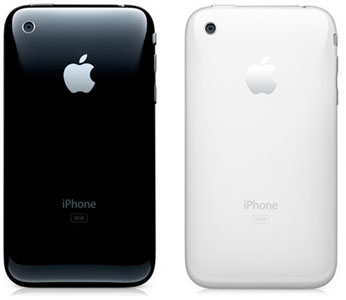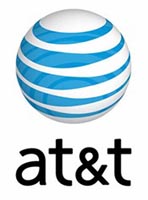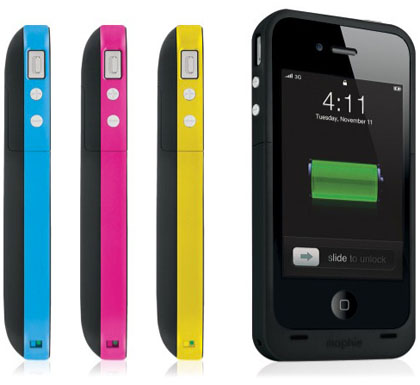SnapShot iPhone App Sends Real Holiday Cards
Submitted by Bob Bhatnagar on
Need to send some cards to friends and family this holiday season? No reason to wait in line, buy stamps and make it to the mailbox if you've got an iPhone. The free app SnapShot Holiday does all the work for you, with physical postcards mailed directly to the addresses of your choice.

You can choose a photo from your Camera roll, add a border and send it along as a card, or choose from other pre-designed holiday art. Credits for mailing can be purchased from within the app using a credit card or PayPal. Sending a card to a US address costs one credit and international addresses cost two credits.


